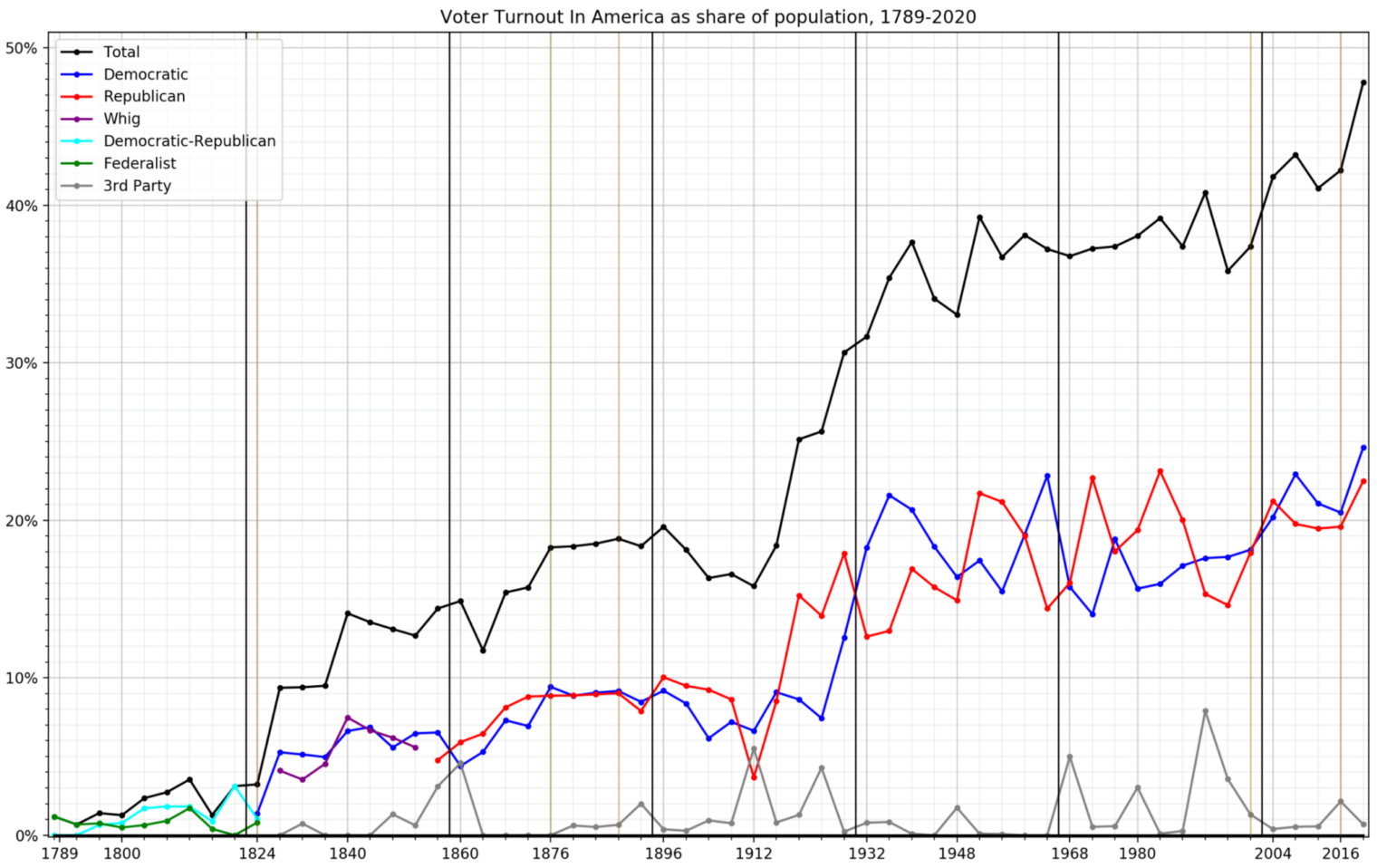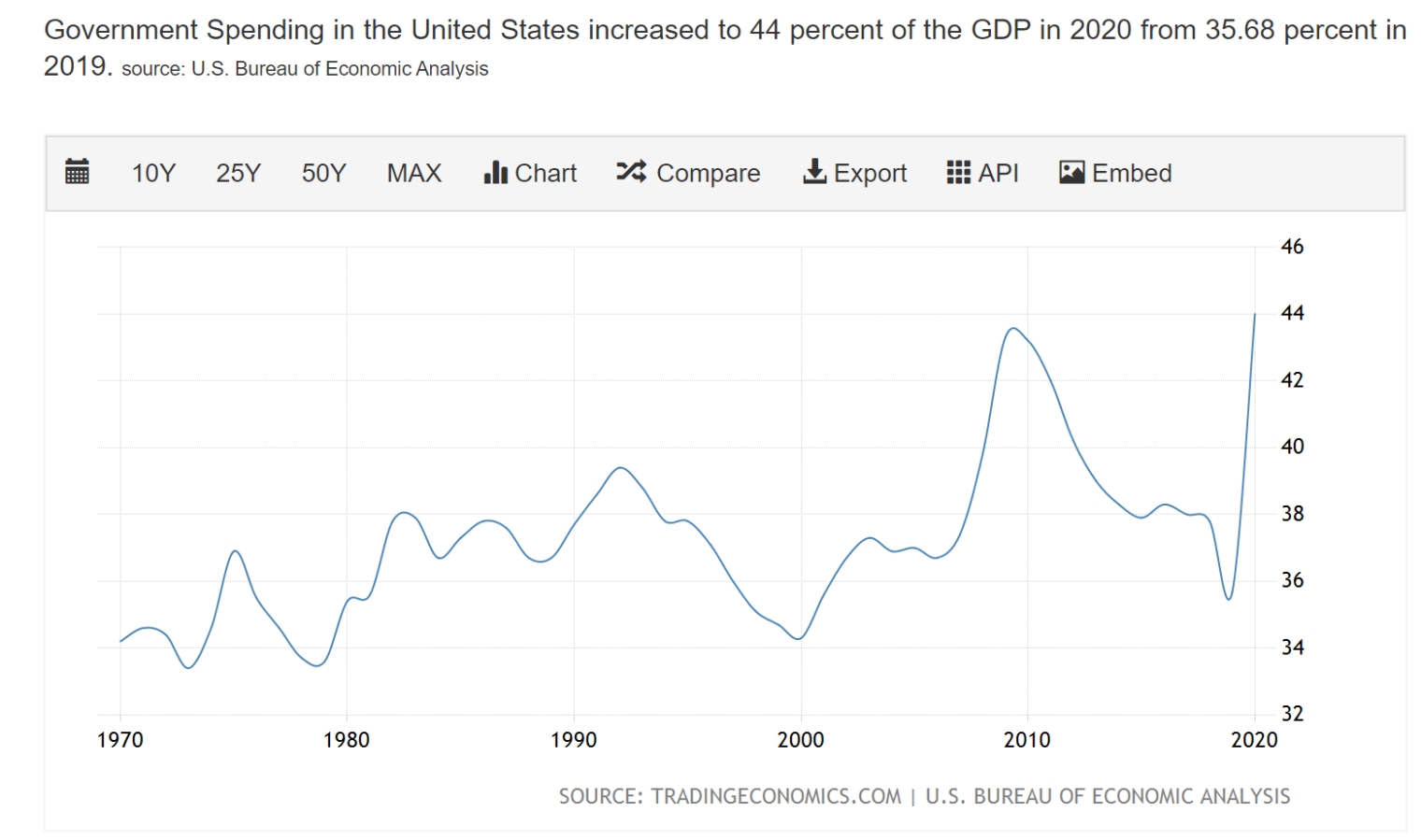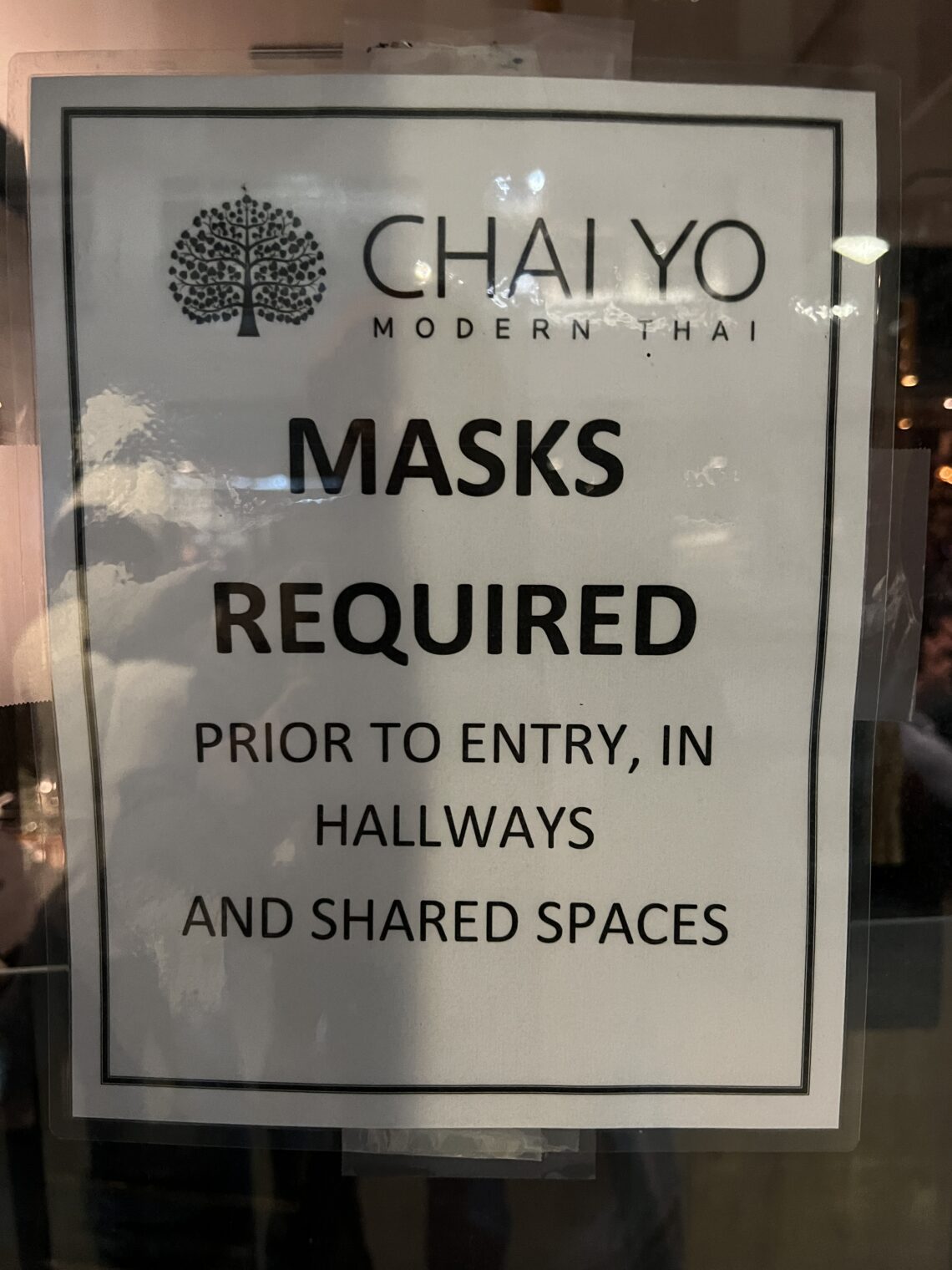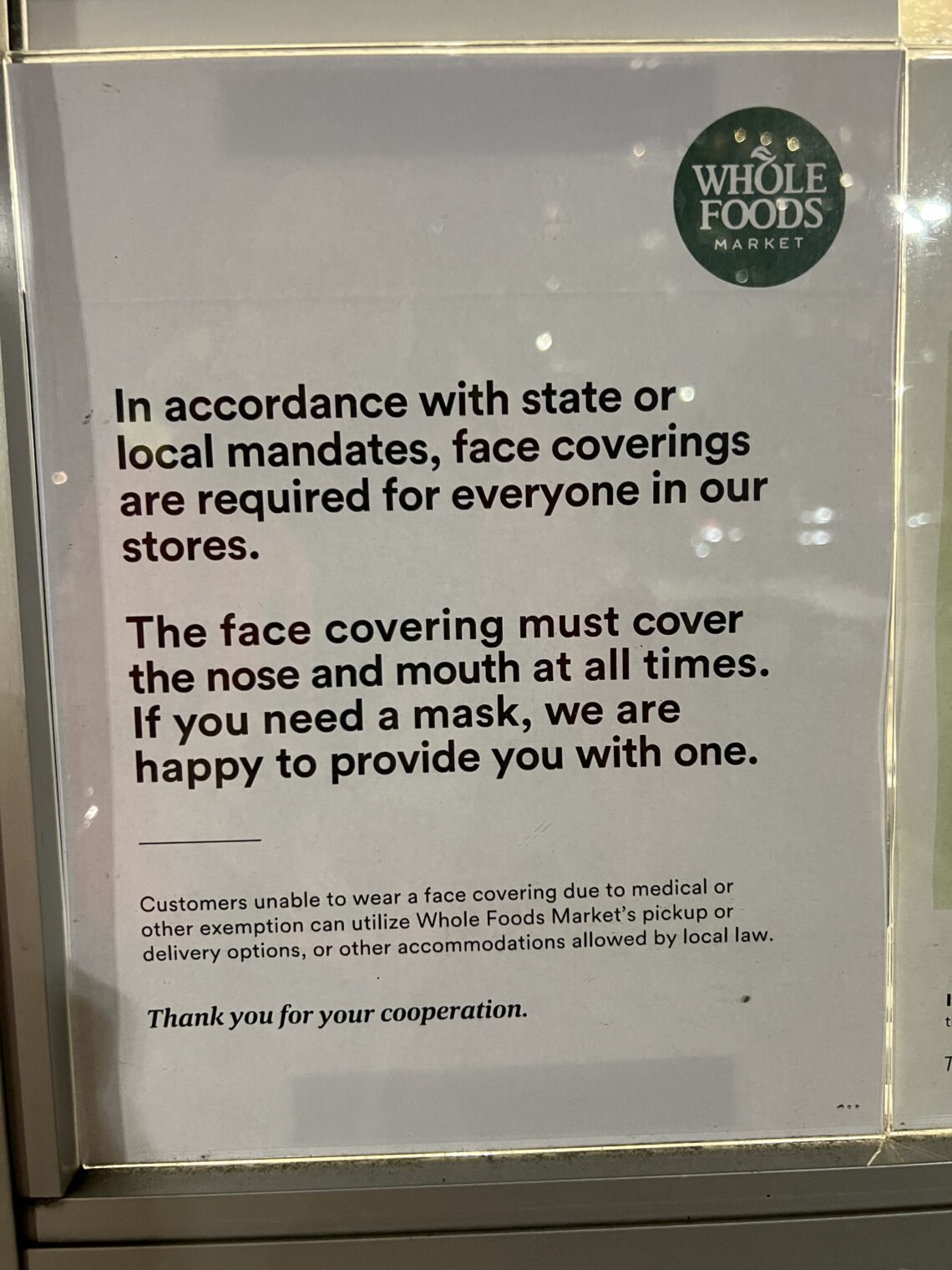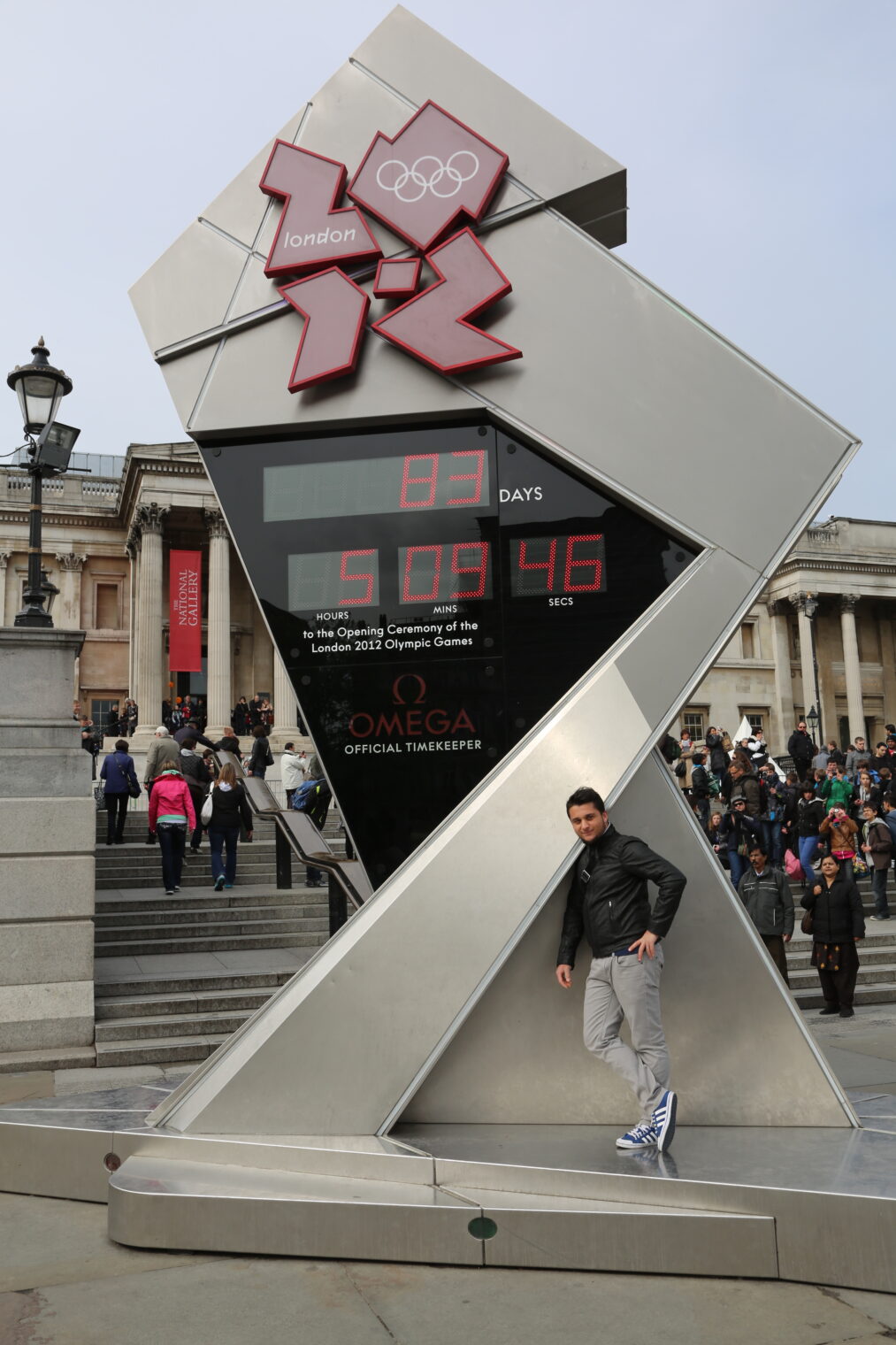Voter participation increases as government expands?
Friends from Maskachusetts (a.k.a. “Democrats”) were attributing all of the nations’ current woes to Donald Trump. One example that they highlighted was Trump’s reference to the 2020 election as “stolen” and/or “rigged.” I am not the best audience for outrage regarding the election due to my belief that we should return to the standards of the early 1800s, i.e., voting should be limited to those have worked for approximately 8 years (it was “21-year-old males” back then and men began working at 13; of course, to update this system for the 21st century we would have to allow a full rainbow of gender IDs because people in a full rainbow of gender IDs can and do work).
One of my examples was that college students could be reliably expected to vote for free college tuition, student loan forgiveness, etc., without regard to the burden that this would place on working Americans. These folks might not start working until age 28, so the idea that they might be burdened with higher tax rates was an abstract and uncertain one.
This discussion resulted in a a review of some voting statistics. Did the constant drumbeat of Facebook and Google telling young people to register and then vote result in a significant change in college student voting? “College Students Voted at Record-High Rate in 2020” (Inside Higher Ed):
Voter turnout among college students jumped to a record high of 66 percent in the 2020 presidential election, according to a new report from the Institute for Democracy and Higher Education.
That was 14 percent higher than college student turnout in the 2016 election, the report found, and just a shade lower than the national rate of 67 percent for all voters in 2020, as calculated by the U.S. Census Bureau. The student “yield” rate — the rate at which students who registered to vote actually cast their ballots — hit 80 percent, which the report called “an important milestone and signal that they are vested in their own futures and the health of democracy.” In 2016, the yield rate was 60 percent. Other data found that younger students outvoted older ones, with those aged 18 to 21 voting at higher rates than the 30-and-over crowd.
But maybe more college students voted simply because more Americans voted? From Wikipedia:
This made me wonder if the growth in tendency to vote could be correlated with growth in the role of government. From Trading Economics:
From usgovernmentspending.com:
But maybe the sharp rise in 2020 isn’t about the dollars and isn’t about the unsolicited mail-in ballots? In 2020, Republicans realized that technocratic government had the power to lock them into their apartments, prevent them from working, deny an education to their children, prevent them from breathing outdoors without a mask, etc. Democrats realized that bad government, ignoring Science, had the power to kill millions of people by not ordering life-saving lockdowns, not ordering virus-preventing masks, and not closing virus-spreading schools.
(Separately, from these same Democrats’ point of view, Trump continues to be responsible for most of the hate crimes in the U.S. The U.S. was mostly hate-free under Obama’s leadership. Trump made hate acceptable. The election of Joe Biden, however, did not reverse the trend and restore us to a hate-free situation because Trump remains stubbornly alive and his existence on Planet Earth makes the expression of hate acceptable.)
Related:
- Merry Christmas from the iPhone 12 Pro Max: Rudy Giuliani and Victoria Toensing are leaving the courtroom after arguing on behalf of Donald Trump and they get hit by a taxpayer-funded empty city bus…
